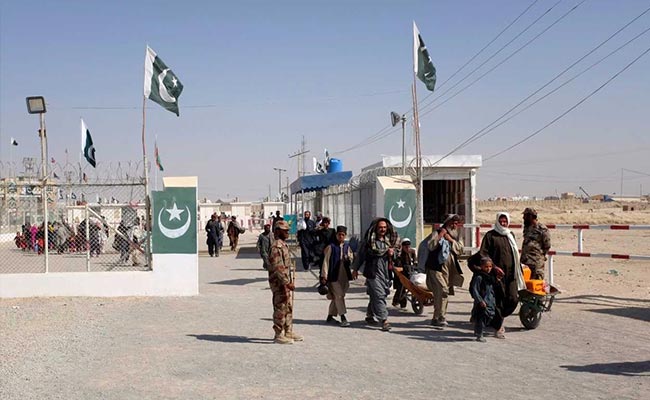Rumors of Sahrawi’s death had circulated for weeks before Macron’s announcement, the Associated Press reported. The Islamic State leader, who was 48 this year, was born in the disputed territory of Western Sahara and became an al-Qaeda ally. He switched allegiance to the Islamic State in 2015 and founded its Sahel affiliate.
ISGS, which operates mainly in Mali, Burkina Faso and Niger, has targeted U.S. and French military personnel. One of its most notable attacks occurred in October 2017, when a U.S. Special Forces team carrying out a reconnaissance mission in Niger was caught in a deadly ambush by militants armed with machine guns, small arms and rockets.
Four U.S. soldiers were killed and two others were wounded in the ensuing firefight. At least four Nigerien troops also died. ISGS was the Trump administration’s primary suspect for the ambush and Sahrawi himself claimed responsibility for the attack. The State Department’s Reward for Justice program offered $5 million for information leading to his capture.
The 2017 mission ignited a political firestorm in the United States at the time, raising questions about the U.S. military’s broader mission in Africa and why one of the fallen soldiers, Sgt. La David Johnson, was not recovered for two days, The Washington Post previously reported.
Sahrawi’s death comes as France has announced plans to slash its military presence in West Africa by about half over the next year. The former colonial power, which continues to have close political and cultural ties with West African countries, has long led one of the biggest forces in the fight against extremist groups in the region. But the mission has become unpopular in both France and West Africa.
France has about 5,100 troops in West Africa, the most of any overseas partner. Three military bases are slated to close in Mali’s north, the heart of the crisis. Analysts have previously warned the decision to draw down French troops will upend the international community’s response to the menace of extremism at a time when violence shows no sign of abating.
Those concerns have been amplified following the chaotic withdrawal of U.S. troops from Afghanistan last month, which has buoyed local extremists hoping for a Taliban-style victory in the region.
Fighters across the continent — many of who have professed loyalty to al-Qaeda and the Islamic State — have publicly celebrated the Taliban’s takeover as the result of perseverance against the United States and other Western armed forces.
Danielle Paquette in Dakar, Senegal and Rick Noack in Paris contributed reporting to this article.
Read more:
.png)











 English (United States) ·
English (United States) ·  Turkish (Turkey) ·
Turkish (Turkey) ·